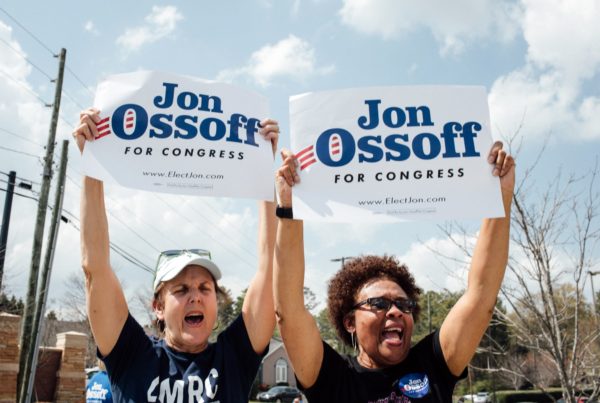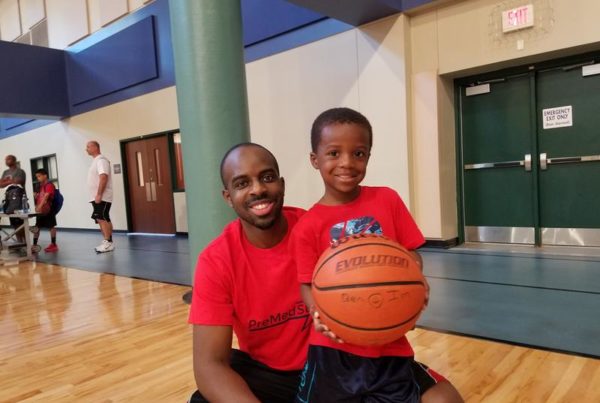There are plenty of reasonable arguments for hiring younger workers – they’re cheaper than their older counterparts, they’re more likely to stay with a company longer and they tend to easily adapt to a company’s culture. The advantages are so strong that some companies go well out of their way to hire younger workers.
But plaintiffs in a new lawsuit filed in California against PricewaterhouseCoopers (PcW) claim that the accounting and consulting firm’s hiring practices discriminate against older workers by mostly recruiting college graduates for entry-level and lower-level positions.
Chris Tomlinson, Houston Chronicle business columnist, writes in a recent column that “when it comes to hiring new workers for entry-level positions, the government needs to cut employers some slack.”
“The whole point of age discrimination laws was to prevent companies from churning through older, more expensive workers,” Tomlinson says, “and forcing them out, or firing them out for no other reason than the fact that they were old and expensive.”
The critical question in the case is whether the Age Discrimination in Employment Act (ADEA) extends to job applicants.
Tomlinson says that discrimination is only allowed in cases where there is a legitimate business purpose for doing so, citing the example of a restaurant that hires young, female waitresses and advertises this as a specific benefit of eating there.
“In PwC’s case, what they’re saying is that we pride ourselves on having a young workforce, on having an innovative workforce and that’s part of our brand,” Tomlinson says.
In his column, Tomlinson writes that “there comes a time for older workers to get out of the way and pass the baton on to younger workers.”
Three million students will graduate from college this May.
“They need to have opportunities and they need to have jobs and that’s what these entry-level position are for,” he says. “Baby boomers are working much later in life, they’re not giving up their jobs, they’re not retiring at 65 [and] that’s creating a jam on the corporate ladder.”
Tomlinson says that baby boomers who are in need of work and applying for entry-level positions must re-evaluate why they are in this position.
“Sometimes you have to live with the decisions that you made, about what kind of education you have, about how well you’ve planned for retirement,” he says.
Written by Molly Smith.
















